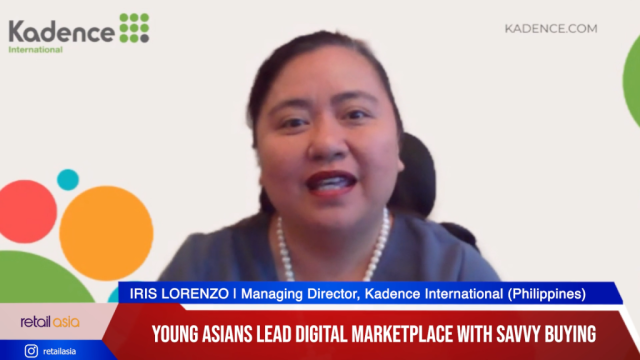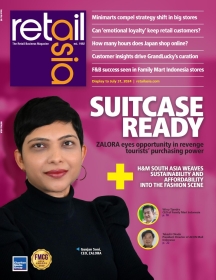Unilever International targets underserved markets globally
The company has reached a billion dollars in less than 10 years.
Unilever International has made strides in expanding its reach to underserved markets worldwide, achieving a milestone by tapping into 80 isolated regions and generating a billion dollars in revenue in less than a decade.
As the global whitespace division headquartered in Singapore, Unilever International's mission is to serve the underserved, bringing Unilever's extensive brand portfolio to consumers in over 40 small and challenging markets that typically lack access to such products.
"Our role is to bring this portfolio to consumers worldwide," CEO Aseem Puri said, citing examples of Unilever International's impact in the Maldives, Mongolia, and various African countries.
He said that these efforts are driven by a commitment to overcoming logistical and supply chain challenges, ensuring that even the most remote consumers have access to essential products like skincare, oral care, hygiene, nutrition, and ice cream.
To ensure that Unilever International meets the specific needs of consumers in every market, Puri detailed the company’s approach to identifying and serving underserved consumer segments, including the global diaspora craving familiar products from their home countries.
"For instance, there are many Indian engineers who work in Silicon Valley... They missed that coffee. We now distribute that coffee in the United States, the UK, Australia, Singapore, and Malaysia," Puri shared.
Moreover, Unilever International has embarked on partnerships with key players in hospitality and travel retail, such as Singapore Airlines and IHG hotels, to enhance consumer experiences with Unilever brands like Dove.
Puri said that these initiatives not only improve customer satisfaction but also contribute to sustainability efforts by reducing single-use plastic through the adoption of eco-friendly dispensers in hotels.
He said that initiatives in South Korea and strategic partnerships with entities like the Confederation of African Football exemplify Unilever International's efforts to engage with consumers through social media, influencer marketing, and direct consumer engagement via platforms like thegoodcart.com.
"It's a very exciting year... Lots of promise, lots of opportunity," Puri stated.




















 Advertise
Advertise







